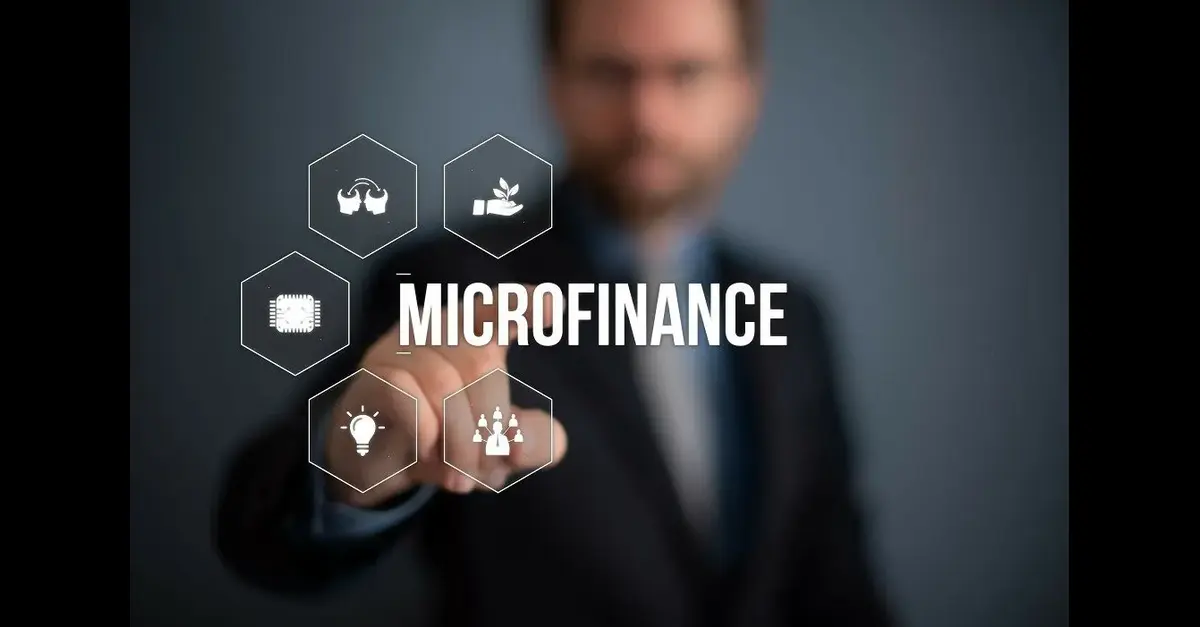ABSTRACT
Micro financing in India merged as a powerful medium to address the never-ending issue of poverty and financial exclusion. The object of microfinancing institutions is to offer small loan and financial services to underserved populations in India. Despite the novel and Noble objective, this sector is subject to legal challenges and the lack of protection to both lenders and borrowers. This article exclusively focuses on the legal challenges of microfinancing and highlights the challenges faced by the stakeholders. The strategies to increase the fair and reliable ecosystem.
MICRO FINANCING
The concept of microfinancing involves rendering financial services and benefits such as small loans. Savings accounts, insurance allowance and provides training to the individuals and small businesses which lack knowledge and access to traditional banking services. Micro financing plays the very crucial role in promoting entrepreneurship, financial inclusion and community development. This sector of micro financing includes legal risk and challenges.
CHALLENGES IN MICROFINANCING
No regulatory framework
Developing countries like India, the microfinance sector operates only in the regulatory vacuum which leads to inconsistencies in regulating, governing, lending practices and there is no reliability of borrower protections. Since there is no proper regulatory body or clear guidelines which leads to over indebtedness, operational inefficacies etc.., The government should establish the comprehensive regulatory frameworks to balance the functions with the flexibility which is essential to support microfinance institutions (MFIs).
Lack of consumer protection
The borrowers in microfinance are financially illiterate and they have no protection and they are often prone to exploitation practices which includes hidden fees, higher interest rates, and coercive or forcible recovery methods. This method of practice leads to financial distress, in increasing poverty rather than alleviating them. The government regulators should ensure transparent disclosure of loan terms, enforce ethical debt recovery practices.
Data privacy and security
Digital microfinance platforms collect sensitive personal and financial data, the privacy details of borrowers are exposed to client’s potential breaches and misuse. The data misuse led to legal liabilities for MFIs. Lack of awareness and education to borrowers on data privacy.
Dispute resolution process
The lack of accessibility and affordability in dispute resolution mechanisms can leave borrowers and lenders without recourse in cases of conflict. The best way to resolve disputes is by adopting alternative dispute resolution (ADR) methods which reduces conflict resolution.
CHALLENGES FACED BY LENDERS:
Lenders face lots of face risk related to loan defaults, fraud, and changes in regulatory environments. There is no legal clarity around the rights and asset recovery is very crucial to reduce these risks. Legal Instruments like guarantees or credit enhancement which provide such stability to enhance the protection of the lenders. When there are accusations for exploitative practices which will have a negative impact, damage an microfinance reputation with baseless accusations. This can be reduced by ensuring transparent operational and legal compliance.
CHALLENGES FACED BY THE BORROWERS
The borrowers are prone to take multiple loans from different sources and banks which end up in over indebtedness and financial stress. This can be actively addressed by the regulators by implementing borrower’s creditworthiness assessments. Many borrowers are uneducated, have very little knowledge and awareness about legal rights and remedies available to them. This limited legal awareness leaves the borrowers vulnerable to exploitation. In society the never-ending problem is social stigma and gender equality. The borrowers of microfinance will often be women and they have a lot of societal barriers in availing loan under microfinance. They should be empowered with legal protection and promote access to financial resources.
STRATEGIES TO BALANCE MICROFINANCE SYSTEM
Regulatory framework
Government and the regulators should take initiative in collaborating with the stakeholders industries to develop laws that address every sector in a specific way. There must be an exclusive regulation to regulate the rights and duties of both borrowers and lenders.
Awarenesses
The borrowers and lenders should be aware that training programs for microfinance institutions on legal compliance, ethical industry, and financial literacy for both borrowers will enhance sector sustainability and development.
Transparency
The leveraging technologies like monitoring, loan disbursements, credit assessments will improve efficiency and transparency while the regulatory body reduces fraud.
Promoting public private partnership
Through promoting public private partnerships which mobilize resources, share risk, and which enhance the sector’s credibility.
Periodic assessment
To assist the regulatory framework implementation, it should be periodically assessed to check the level of its impact in the microfinance institution. There should be a stakeholder feedback mechanism to identify the gaps and to improve the legal and operational regulatory framework.
CONCLUSION:
Microfinancing has lots and lots of potential to empower underserved and lower communities, but its success and implementation depends on addressing the regulatory legal challenges that threaten its Sustainability. The regulations will be a balanced ecosystem, ethical practices and informed stakeholders, the microfinance sector which will achieve its goal of financial inclusion alongside protecting the interest of both lenders and borrowers. All the sectors such as government, microfinance institutions and civil society should collaborate and work together to create a resilient and to improve equitable microfinance landscape.
“PRIME LEGAL is a full-service law firm that has won a National Award and has more than 20 years of experience in an array of sectors and practice areas. Prime legal falls into the category of best law firm, best lawyer, best family lawyer, best divorce lawyer, best divorce law firm, best criminal lawyer, best criminal law firm, best consumer lawyer, best civil lawyer.”
WRITTEN BY: MUTHULAKSHMI B


